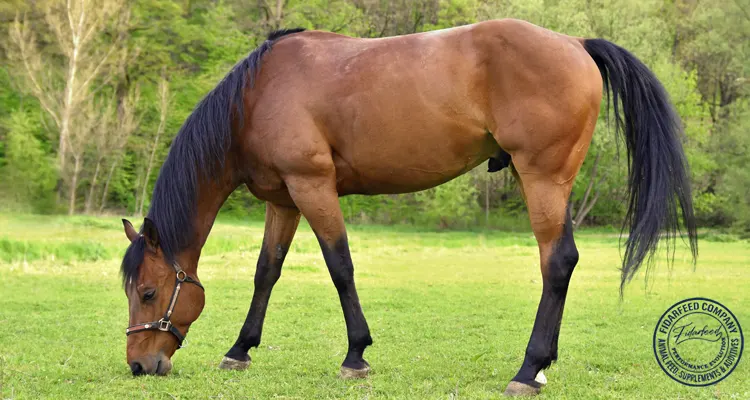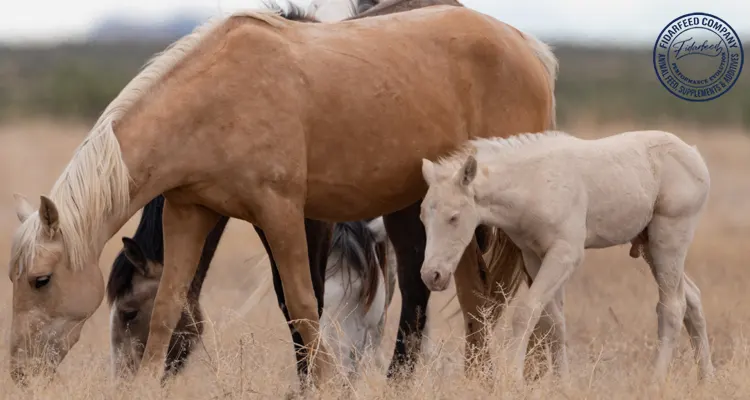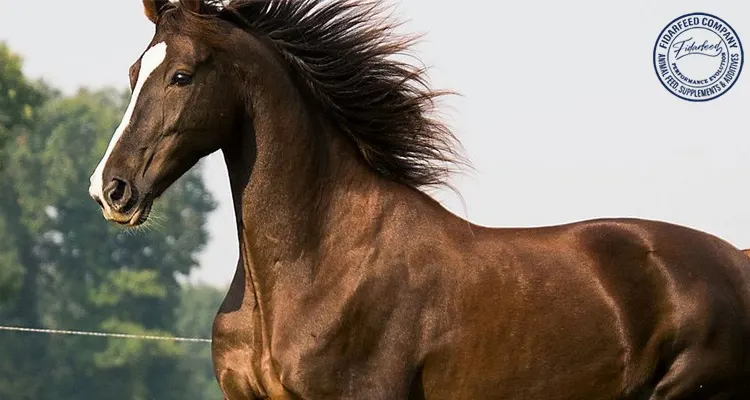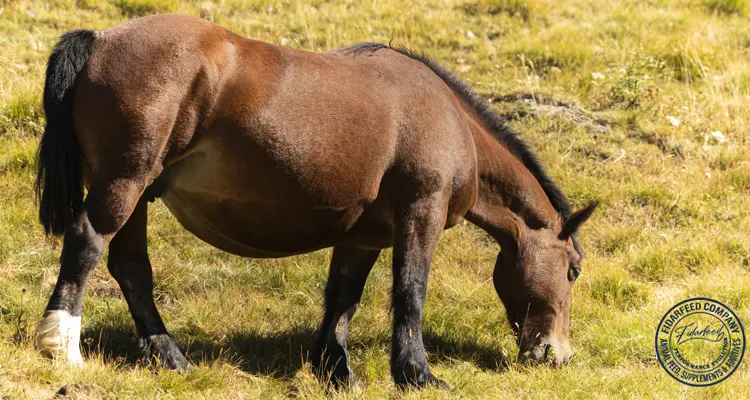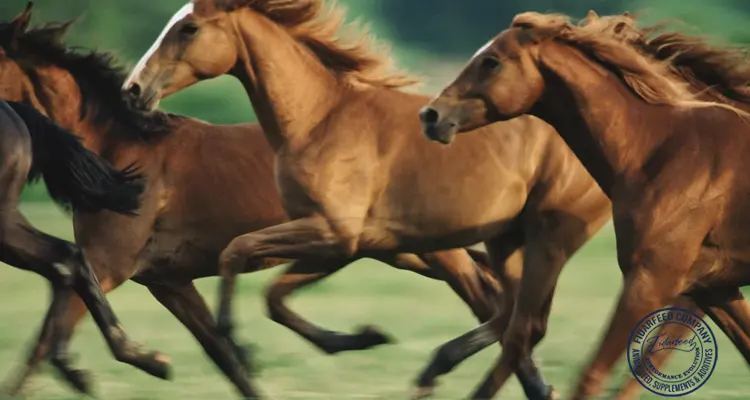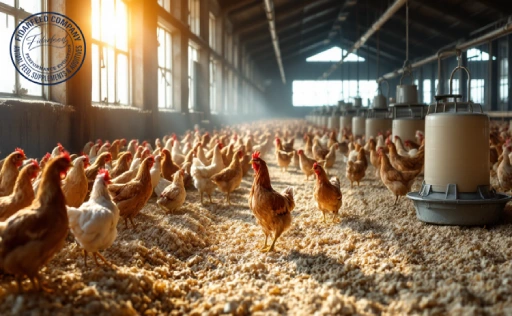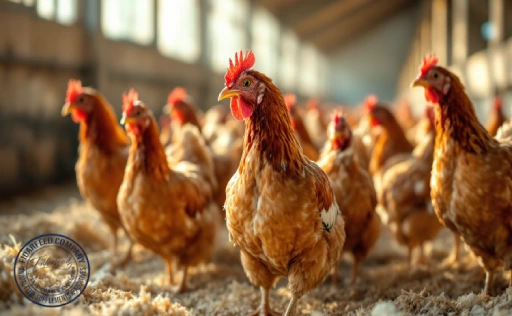Choose wisely with the right horse breed for breeding regardless of whether you are a seasoned breeder or a beginner, finding the right breed is vital and this takes consideration and planning. When you also think about everything from genetics, to market, to demand, having clear outlines on what to come by an informed decision is utterly important. In this guide, I want to take you through everything that you need to know about selecting the right breed for your breeding program.
Why Choosing the Right Horse Breed for Breeding Matters
Choosing the right breed is more than a matter of preference; it can make a huge difference to the horse’s health, performance and market value. The proper breed maximizes your return on investment in that equine genetic potential in the areas of performance, temperament, and adaptability.
Learn more about: Probiotic Supplement for Horses and foals
On the other hand, the wrong choice can result in health problems, more limited marketability, and breeding inefficiencies. Recognizing the impact of this decision will lay the groundwork for success.
Key Factors to Consider When Selecting the Right Horse Breed
Here are some key things to think about before making a decision:
Purpose: Do you intend to breed for racing, dressage, show jumping or general work? Different fields demand different types of personalities.
Temperament: Some breeds are high-energy and made for competitive sports (think of the Thoroughbred), while some, like the Clydesdale, are gentle giants that are best suited to farm work.
Learn more about: Best Feed for Young Horses: Nutrition Tips for Healthy Growth and Development
Health and Lifespan: Look up breed-specific health problems and lifespan.
Adaptability to Climate: Some breeds are better adapted to cold weather, while others are more suited to warmer climates.
Local Demand: Certain breeds may command higher resale values and are better suited to particular climates.
Understanding Different Horse Breeds and Their Strengths
Each breed of horse has its unique strengths depending on the desired purpose:
Thoroughbreds: They are fast and enduring, making them perfect for racing and competitive events.
Arabians: Intelligent and hardy, showing excellent results in both endurance riding and show disciplines.
Learn more about: Essential Tips to Prevent skin diseases in horses
Quarter Horses: Hardy and muscular, they excel in rodeo events, ranch work, and pleasure riding.
Warmbloods: Developed for dressage and show jumping, these horses are the perfect mix of power and grace.
Draft Horses: Large, powerful and best designed for heavy farm work and pulling a carriage, this group of breeds, such as Clydesdales and Percherons, includes the largest horse breeds.
Matching the Right Horse Breed to Your Breeding Goals
Align your breeding goals with the strengths of the breed to ensure long-term success:
Thoroughbreds and Quarter Horses are great horses for speed and competition.
Learn more about: Holsteiner Horses: Strength and Stamina for Heavy Work
Mediterranean or Warmbloods if you like elegance and show quality.
Draft breeds and Morgans: they are hardy, strong, versatile workhorses.
Creating your goals will ensure that the horses you breed have the best possibility of fitting the purpose that you have defined.
Common Mistakes to Avoid When Choosing a Horse Breed for Breeding
When choosing a breed, many breeders make the same mistakes. Avoid these mistakes:
Overlooking Bloodlines: Not considering a horse’s ancestry could lead to unexpected health problems or quirks.
Neglecting Market Trends Breeding: Horses in the absence of market demands make it not possible for you to sell them at a profitable price.
Learn more about: The Hidden Stress in Horses: How Human Actions Affect Welfare
Overlooking Health Evaluations: Both genetic predisposition and health screenings should be conducted.
Selecting a Breed Solely on Looks: Looks are important, but function and suitability, especially for your lifestyle, are much more important.
The Role of Genetics in Horse Breeding
Genetic makeup is a very important factor in determining a horse’s potential. Selective breeding helps ensure that these desirable traits are replicated in subsequent generations: things like speed, endurance, and temperament.
Learn more about: Nile Fever in Horses: Symptoms and Control Methods
Advances in equine genetics, such as genomic testing, enable breeders to analyze DNA markers in order to predict performance potential. Focusing on genetics and avoiding inbreeding can contribute to the quality of their stock, with hereditary health issues being reduced.
Evaluating the Market Demand for Different Horse Breeds
Breeding is also a business, and profitability depends on understanding trends in the market. Before diving in, research demand for certain breeds, both local and international. For example, Quarter Horses reign in Western riding; Warmbloods are hot commodities in the dressage show world. Researching all these annual auction prices, industry sources, or buyer preferences might help you make your breed financially viable.
The Importance of Proper Care and Management in Horse Breeding
After defining the right breed, however, making sure you properly care for and manage them is the key to a successful breeding program:
Nutrition: Both mares and foals require a good diet.
Routine Care: Regular check-ups and vaccinations are vital.
Learn more about: Turkmen Horse: Strength, Beauty, and Unique Traits
Training/handling: Horses that are well handled and socialized from an early age are more trainable and less behaviorally challenging.
Spacious and Adequate Facilities: A healthy environment with enough space promotes proper development and lowers stress.
Final Thoughts: Making the Best Choice for Your Horse Breeding Program
Partnering the right horse breed for breeding is an art and science. Succumbing to a fad for the latest trend in breeds is, therefore, not practical. No matter what you’re breeding for, whether it be work, companionship, or competition, be smart, plan ahead, and you will get the best results.
What do you think about finding the right breed? Tell us your experiences, questions, or comments below!

